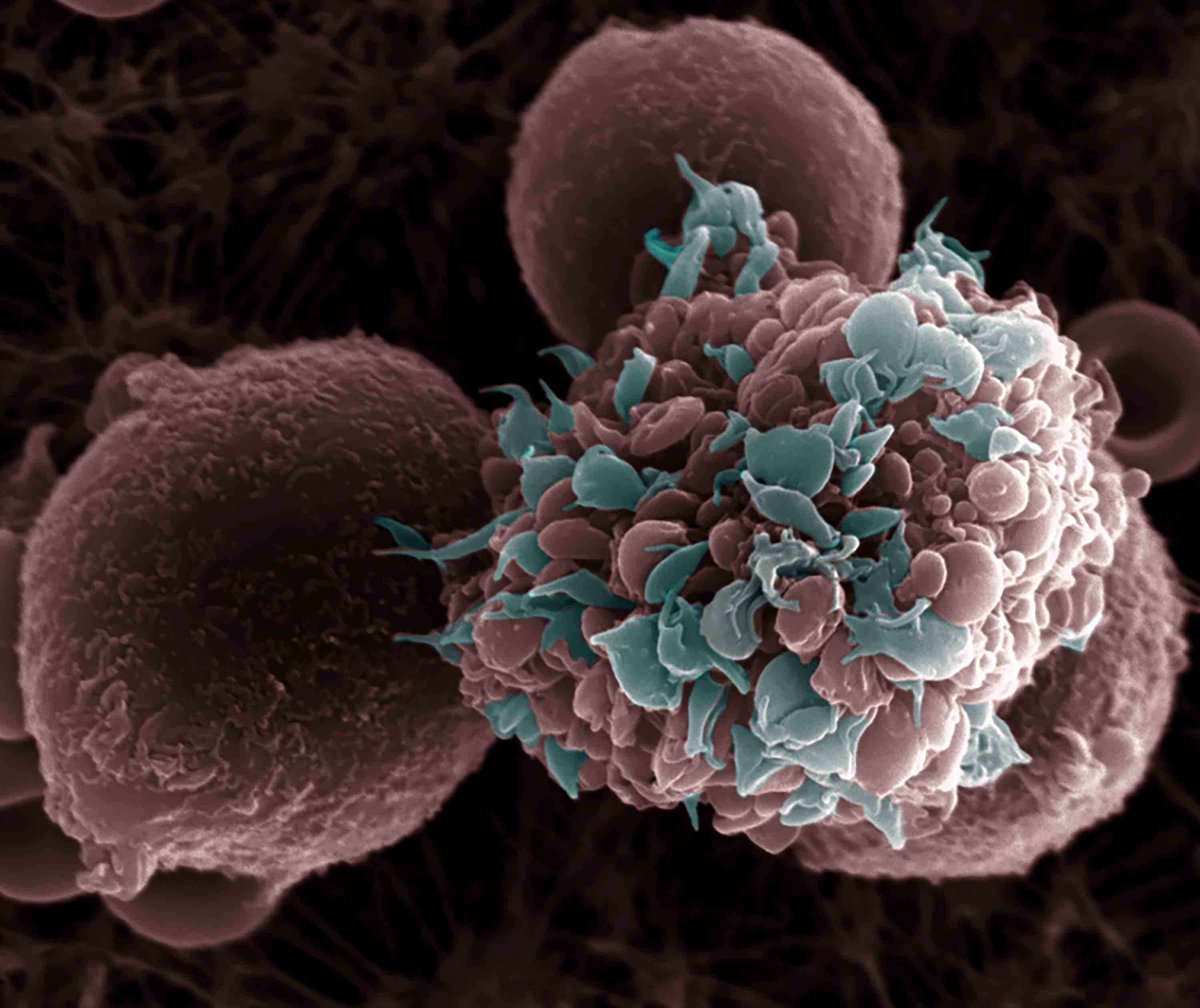Most ADHD drugs, not just stimulants, affect heart rate and blood pressure
An international team has carried out a review of studies and a meta-analysis on the cardiovascular safety of the drugs used to treat ADHD (attention deficit hyperactivity disorder). Their conclusions are that most of them, and not just the stimulants, affect the pulse and blood pressure. According to the authors, who publish the results in the journal The Lancet Psychiatry, although the changes are slight, ‘professionals should monitor blood pressure and pulse in patients with ADHD treated with any pharmacological intervention’.









